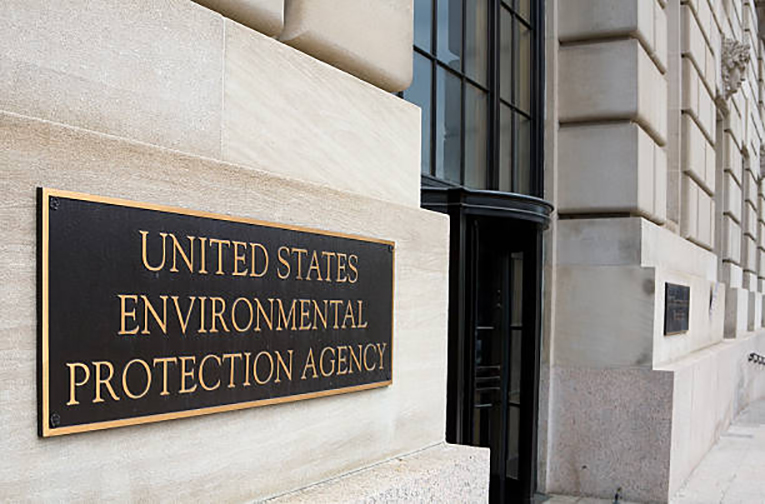EPA, the Environmental Protection Agency, has recommended that biofuel blending mandates for 2020 should be lowered; Reuters reported citing anonymous sources familiar with the matter; the proposal has been sent to the White House for review.
Firstly, the move intends to create immediate relief to refiners that have to comply with the mandates; as we have reported previously, the Renewable Fuel Standard mandates that refiners must blend billions of biofuels onto their mix; or, buy tradeable credits, known as RINs, from those that do.
Secondly, the move will also create even more tensions between the biofuels industry and the Biden administration; farmers, ethanol producers and biofuel companies argue that reducing mandates harms demand for their products; while refiners reject the claim, and say the costs of the program puts blue-collar refinery jobs at risk.
Thirdly, an EPA spokesperson said in a statement that, “The proposal aims to get the Renewable Fuel Standard program back on track while addressing challenges stemming from decisions made under the prior administration.”
Also recommended for you: RAM Consulting acquires Encepta and Horizon Engineering. Click here to read.
EPA ‘s measure would provide relief to refiners; while putting back on track the RFS
Moreover, EPA’s recommendation is to lower the mandates for 2020 and 2021, while boosting them for 2022 above the previous two years. Lowering the mandates in such retroactive fashion would benefit companies like PBF Energy, Delta Air Lines; also, Monroe Energy; which according to Reuters halted purchases of renewable fuel credits this year as they lobbied the Biden administration for regulatory relief.
In addition, refiners are indeed struggling with the mandates, and they have amassed a $1 billion shortfall in the credits they need to buy, in order to comply with mandates.
Finally, according to Reuters, the deadline for refiners to prove compliance with the 2020 requirements was extended in April to Jan. 31, 2022. Reducing the mandates would help refiners who have outstanding obligations for that compliance year.


